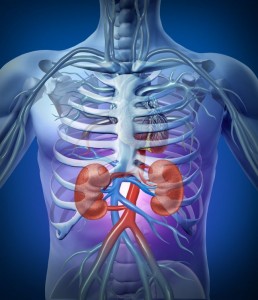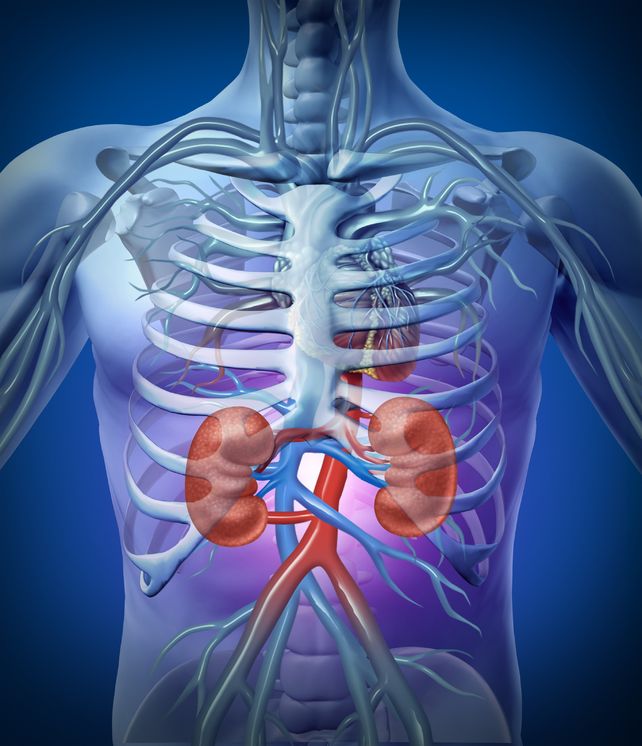Loud snoring isn’t just annoying but, could also be a sign of sleep apnea which leads to concerning health problems. Diabetes patients are also more likely to have obstructive sleep apnea (OSA), a sleep disorder that causes breathing to stop (for seconds or minutes) or become shallow. For people who have diabetes and sleep apnea, complete kidney failure is more likely to occur.
Some people with diabetes develop a condition called diabetic nephropathy, or kidney damage caused by their diabetes. Over time, more protein than usual collects in the urine, which may destroy kidneys to a point they can no longer function. It has recently been discovered that patients with type 2 diabetes who also have sleep apnea, may be more likely to have diabetic nephropathy than diabetes patients with sleep apnea.
The study was conducted by Abd Tahrani, PhD and his colleagues, with the Centre of Endocrinology, Diabetes and Metabolism at the University of Birmingham and Department of Diabetes and Endocrinology at Heart of England National Health Service Foundation Trust in the United Kingdom.
224 patients with type 2 diabetes were followed, noting that 144 of the patients had OSA and 90 of those patients had diabetic nephropathy. The patients who had sleep apnea, tended to be older and overweight. Also they had a higher blood pressure and typically had diabetes for a longer amount of time than other participants in the study. Diabetic nephropathy was more often found in patients with sleep apnea than in those without. About 49% of the participants with sleep apnea had diabetic nephropathy, compared with 24% of those who did not have sleep apnea.
OSA increases oxidative stress, as people breathe in oxygen and their cells produce energy, molecules called free radicals are created. These radicals place oxidative stress on cells. Oxidative stress damages healthy cells, and according to the study authors, for diabetes patients with OSA, the higher level of oxidative stress appears to contribute to kidney damage.
The leading cause of end-stage renal (kidney) disease is diabetic neuropathy. This study also assessed renal function by eGFR (estimated glomerular filtration rate), which is a measure of how well the kidneys are removing wastes and excess fluid from the blood. The researchers found that in the patients with sleep apnea and type 2 diabetes, the eGFR declined faster, compared to the patients who only had type 2 diabetes.
The American Academy of Sleep Medicine (AASM) advises anyone with type 2 diabates or hypertension to be evaluated for sleep apnea. Sleep apnea treatment with CPAP has proven to not only help you sleep better at night, but also improve other health conditions in some patients. Ask your doctor about CPAP today!



No comments yet.